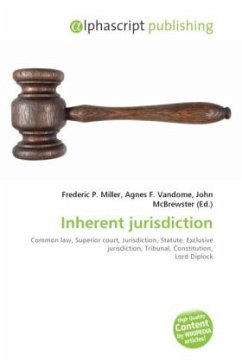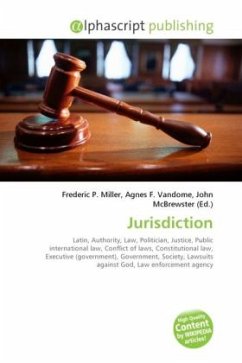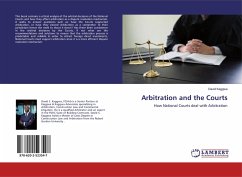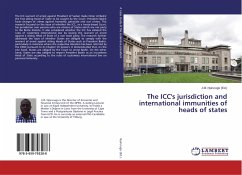Inherent jurisdiction is a doctrine of the English common law that a superior court has the jurisdiction to hear any matter that comes before it, unless a statute or rule limit that authority or grants exclusive jurisdiction to some other court or tribunal. The term is also used when a governmental institution derives its jurisdiction from a fundamental governing instrument such as a constitution. In the English case of Bremer Vulkan Schiffbau und Maschinenfabrik v. South India Shipping Corporation Ltd, Lord Diplock described the court's inherent jurisdiction as a general power to control its own procedure so as to prevent its being used to achieve injustice. Inherent jurisdiction appears to apply to an almost limitless set of circumstances. There are four general categories for use of the court's inherent jurisdiction: to ensure convenience and fairness in legal proceedings; to prevent steps being taken that would render judicial proceedings inefficacious; to prevent abuses of process; to act in aid of superior courts and in aid or control of inferior courts and tribunals.
Bitte wählen Sie Ihr Anliegen aus.
Rechnungen
Retourenschein anfordern
Bestellstatus
Storno








